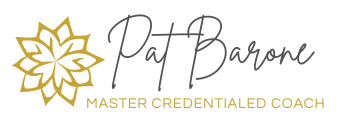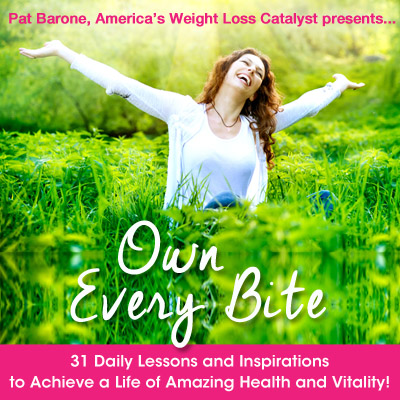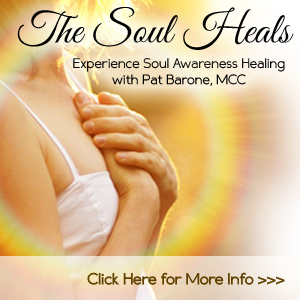A number of new sources are talking about the addiction paradigm this week. For almost 100 years, alcoholism has been defined as a disease. It took quite a while to get the condition out of the realm of a “moral failure” and into the realm of “medically defined disease.”
But is medicine doing anything to help cure addiction? Or are they treating it as they treat most conditions: by over-medicating?
I’ve long maintained that addiction is multi-faceted. It really can’t be defined as simply a disease or any sort or moral issue. It’s emotional. And it’s deeply spiritual.
Medicine cannot touch that.
In my own experience with addiction treatment, I found the paradigm of addiction as a disease to be a box I couldn’t tolerate. Among the defining elements:
1. You are powerless in the face of addiction. No! I have always known, even when I was not acting powerfully around food, money, alcohol, or drama, that I was, nevertheless, powerful.
2. An addicted person will always be addicted. No. Not true! There is no always. At best, “always” is just an assumption. How many relationships start out as “always” and never make it past six months?
3. Cross addiction is acceptable! No! What’s the point? In my early days in Overeaters Anonymous, I found that practically everyone there had once been in AA, or GA, or DA, or NA. How many people quit smoking and gain weight, only to find they substitute food for their firesticks? As I worked my way out of addiction to food, I was very clear that substituting another substance was unacceptable.
I believe we can grow ourselves up, past our childish obsession with substances that are mere substitutes for the real things we want in life: connection, meaning, love, acceptance, a sense of purpose.
It takes some work. Addiction demands we look inside at what is working and not working in our lives, and face it directly.
It’s a call to action.
It’s a call to courage.







Pat, hear, hear! I have always struggled with the concept of addiction as a disease. While it is certainly a marker of dis-ease, there is more than meets the eye, and finding a way of using our power for good than for self-destruction seems to be the path of wisdom and healing.
You hit on the word “power” Hanna, which is so important. After working in this area for more than ten years now, I believe we human beings naturally react against and both actively and subconsciously resist being or thinking of ourselves as powerless. It’s just not a natural state. Most of us know, deep down, we are capable of change and of making better choices for ourselves. We just have to get past the fear but we can do it! Thanks for posting.
i find myself wonering how much of addiction is to the actual item. i heard people say alcohol is addictive for them. its not to me. on the other hand, food seems to talk to me sometimes. are there people who can do heroin one time or occasionally? i really don’t know. i try to live with my feelings about food, and i don’t want to say “I’m a food addict” because it feels like an excuse.
Ann –
There are so many layers to the idea of addiction. There is the physical part, which I think is what you are asking about. Some substances are addictive physically for some people. You appear to describe this when you say that alcohol causes no addictive reaction in you but food “speaks to you.”
In other words, one person might eat a piece of chocolate cake and never think about it again. Another person could eat the same item and want more sugar in 2 hours, feel the need for a nap in 3 hours, and be frantically searching the pantry for anything containing sugar in 4 hours. In the meantime, the need for sugar might have caused them to eat a lot of other food. This is a description of a physical reaction (low blood sugar) to eating sugar. Like I said, it’s different for everyone and we each need to assess that for ourselves. Some people have violent reactions to sugar when they are out of shape and eating poorly but, after a few years of eating healthfully, find that their reactions are different. The body is constantly changing, growing and healing.
Another layer of addiction is the emotional… if we use food to support us emotionally, we can become dependent on that. The food might not be physical addictive but the dependence on it is unhealthy because it causes poor health and excess weight. Again, you can tell if that’s how you are using food in your life. There are many ways of coping with emotions and emotional situations without food (or any substance). It take a willingness to look into this area further.
I hope this helps. Thanks for posting.